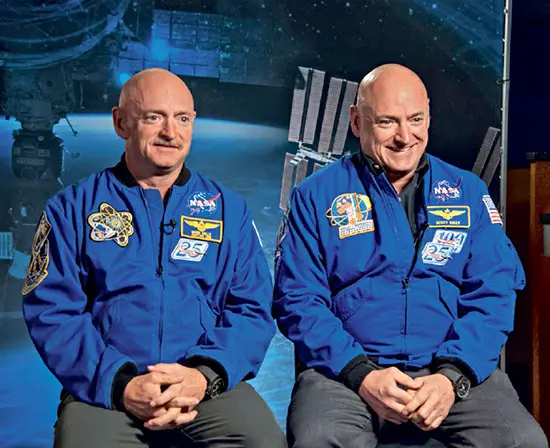The exploration of space’s effects on human physiology has been a critical area of study for space agencies since the 1960s. This research is vital not only for ensuring astronaut health but also for understanding the implications of prolonged space exposure, like potential multi-year missions to Mars. Notable milestones include the 84-day Skylab-4 mission in 1973-74, the year-long Mir space station mission in 1987-88, and Valery Polyakov’s record 437-day mission in 1994-95. These missions revealed various health issues like muscle and bone deterioration, fluid distribution changes, and sensory disruptions.
NASA’s “Twins Study,” involving astronauts Scott and Mark Kelly, twins born in 1964, stands as one of the most comprehensive investigations into these effects. Scott Kelly, a veteran of five space missions, and his twin brother, Mark, a veteran of four, collaborated in a unique experiment during Scott’s 11-month mission on the ISS in 2015-16. While Scott was in space, Mark remained on Earth, mirroring his brother’s regimen as a control subject.
After Scott’s return in 2016, both underwent extensive medical evaluations. Like other astronauts, Scott experienced temporary spinal elongation due to the absence of gravity. However, a surprising discovery was that about 7% of Scott’s DNA had altered compared to Mark’s. This unprecedented finding adds a new dimension to our understanding of space travel’s impact on human biology and is of significant interest for future long-term space missions.

